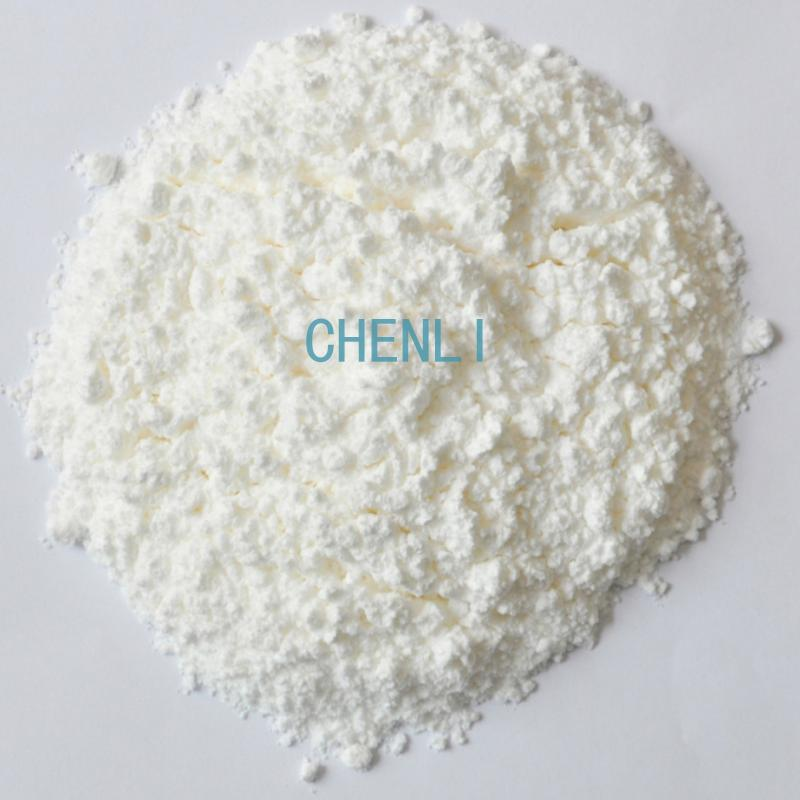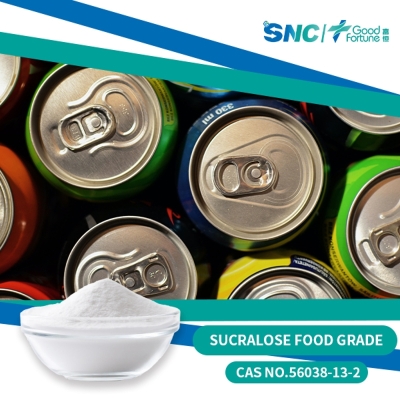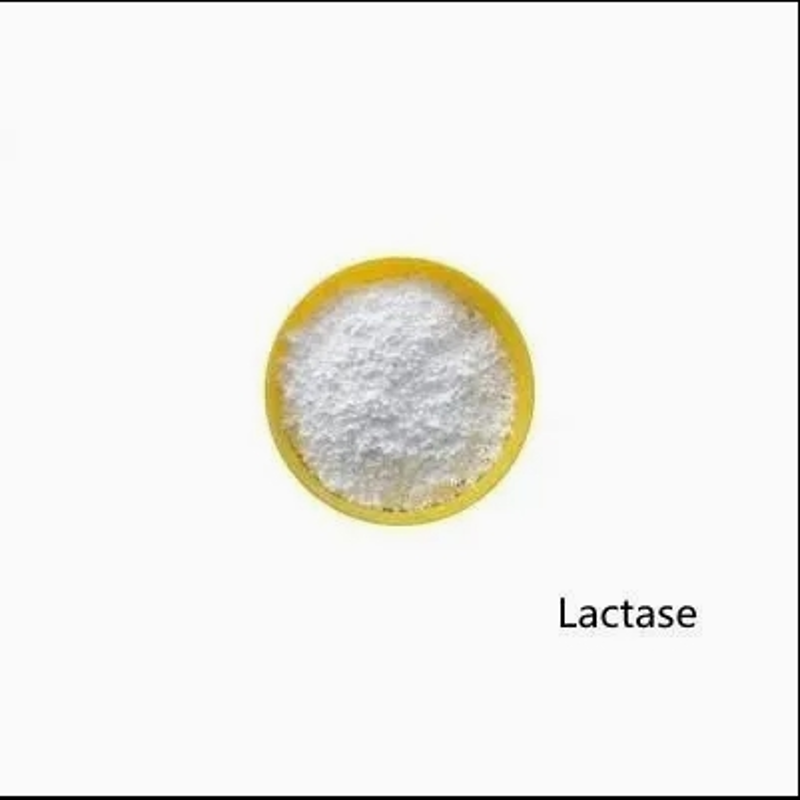-
Categories
-
Pharmaceutical Intermediates
-
Active Pharmaceutical Ingredients
-
Food Additives
- Industrial Coatings
- Agrochemicals
- Dyes and Pigments
- Surfactant
- Flavors and Fragrances
- Chemical Reagents
- Catalyst and Auxiliary
- Natural Products
- Inorganic Chemistry
-
Organic Chemistry
-
Biochemical Engineering
- Analytical Chemistry
-
Cosmetic Ingredient
- Water Treatment Chemical
-
Pharmaceutical Intermediates
Promotion
ECHEMI Mall
Wholesale
Weekly Price
Exhibition
News
-
Trade Service
spring is just around the corner, many are looking for ways to start a new diet for the coming summer and get back to slim. Swaping all your sugars for low-calorie sweeteners is a great way to reduce the calories in your diet or drink. However, some people wonder if eating low-calorie sweeteners will make your appetite for sweets open."
new study could help solve some of the mysteries associated with low-calorie sweeteners. The study suggests that low-calorie sweeteners may help reduce, rather than increase, the intake of sugary foods, and that it can be a useful tool for weight management.
”Now, a new report published in
Current Obesity Reports
suggests that the study does not support low-calorie sweeteners
-
such as sucrose, sweetening ingredients
in sugar-good
®
sweetener products
-
can evoke a desire for sweets or a surge in appetite for sweets. Clinical trials in children and adults have shown that the use of low-calorie sweeteners tends to reduce, rather than increase, the intake of sugary foods, and that their use may help with weight loss.low-calorie sweeteners that have been used for decades allow consumers to enjoy the sweetness of their favorite foods and beverages without increasing their energy intake of sugar, the paper says. Low-calorie sweeteners have an amazing ability to sweeten compared to sugar, so food and beverages can get the desired sweetness with only a small amount of use, while it adds little or no energy to the finished product."
Sucrose is a sweetening ingredient for sugar
®
sweetener products that have been reviewed by the
FDA
and other official global organizations and considered safe to use in food and beverages, and are used in thousands of products worldwide.
," said Michelle Harrington, a
, master's, registered dietitian, registered nutritionist and registered nutritionist at
McNeil
.
"
new study could help solve some of the mysteries surrounding low-calorie sweeteners. The study supports that low-calorie sweeteners may help reduce, rather than increase, sugary food intake, and that it can be a useful tool for weight management.
”An example of a recent study is the highlight of the new report, a randomized clinical trial conducted by
JC Peters
and his research partners that assessed the effectiveness of eating sugar-free drinks or water in a
12
-week weight-loss treatment. Participants in the low-calorie sweet drinks group lost more weight and were less likely to feel hungry than those in the drinking group."
most people take the three most common lifestyles of reducing calories, eating healthy foods, and increasing physical activity in order to control their weight,"
Harrington
said.
"
if you want to take a step forward in your diet, these studies suggest that using low-calorie sweeteners can help reduce the calories of whole-sugar foods and help you lose weight.
”







